If you saw the Pixar animated film Ratatouille, about a rat who wants to be a chef in Paris, you’ve witnessed a shining example of creativity, one that filmmakers, cooks, and even writers can learn much from. In particular, one of the bonus features on the DVD is a 13-minute behind-the-scenes documentary, “Fine Food & Film,” a conversation with director Brad Bird and chef Thomas Keller.
Producer Brad Lewis, who worked with both men on Ratatouille, introduces the documentary by talking about the similarities between the acclaimed filmmaker and one of America’s great chefs: “When you see these guys work you start to see a similar not only sparkle in their eye, and how they do what they do, but also they’re really intense, they’ve got this attention to detail, and they’re very passionate about their work. So one’s about cooking, and one’s about making great movies, but there is this harmonic in their approach.”
As we see Keller at work in his restaurant kitchen, he begins by saying, “Anybody can cook. It’s just you have to have the desire, the determination to make something that you’re going to feel proud to give to somebody, and that emotional connection with somebody. I think you have to be emotionally attached to what you’re doing, and certainly, with food, it’s very easy because it’s something that nurtures.” Bird the filmmaker seconds this appeal to emotion: “You’re constantly trying to get the audience into the state of feeling and how things feel, rather than how things are.”
On the origin of creative ideas, Bird says, “Every idea comes about in its own way. I had an idea for a film that started with me hearing a song and thinking it was another song.” Keller tells the story behind one of his imaginative dishes, Oysters and Pearls: “Walking down the aisle of a grocery store and seeing a purple box of pearl tapioca, and you see a word that says ‘pearls’ and you associate that with an oyster. And then what comes from that is a dish .”
Bird says that he plays a game familiar to fiction writers, the what-if game: “Other things come out of just a thought that you have, of ‘What if?’ Or ‘Superheroes must feel defeated sometimes.’” Keller begins with the food: “And the food can be so inspiring. It comes in in its raw form. You think, ‘Okay what am I going to do with this?’”
Brad Bird talks about the creative state of mind, which is another familiar topic for writers: “The mistake that a lot of people make is thinking that you can force ideas to come. You can’t really. All that you can do is observe what kind of environment puts you in a creative state of mind and then try to create that environment.”
Bird and Keller both strive for spontaneity. In talking about animation, Bird touches on a quality that writers strive for in their storytelling: “It’s not a spontaneous act, but if you do it artfully, you get the feeling of spontaneous thought. If you do it well, it will feel spontaneous.”
Filmmaker and chef both praise their mentors, and stress the importance of having a mentor as you are learning your craft. Keller’s mentor was Roland Henin, a chef whom he met in the early ‘70s, in a private club in Rhode Island where Keller was working. Keller says, “And he made me understand that there was an emotional connection, and that I was actually cooking for somebody in a way that brought them pleasure.” Bird’s mentor was Milt Kahl, a great animator at Disney: “And he was tough. He was tough. He did it in a nice way, he wasn’t cruel to me, but he let me know absolutely where I was coming up short.”
At the end of the conversation, Bird touches on the question of audience, and the point that the first audience is the filmmaker: “If you think about what you’re doing logically, you are trying to invent what an audience that you likely will never meet will enjoy two years from now. But you can’t think of it that way. You have to think about it in terms of, ‘What do I want to see? What delights me?’ So I think that you’ve got to make something that pleases you and hope that other people feel the same way.”
Good advice there for all artists, I believe, including writers. When I write a story, I am the first reader, and I want to make myself smile, and laugh, and, at times, feel sad. If I feel a tear on my cheek when I’m at the keyboard, I know I’ve made that emotional connection with the characters in the story. The story is a new dish that I want others to taste. I fuss over it and tweak the ingredients and think about presentation and then plate the dish. I am like Remy, the ambitious young rat in Ratatouille, living to create something new and exciting.



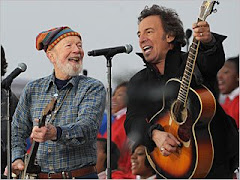

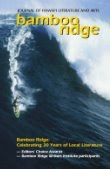
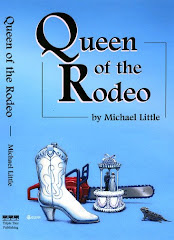

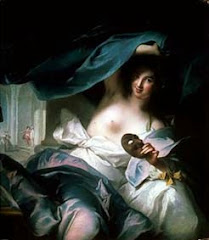
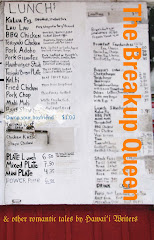
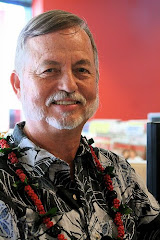
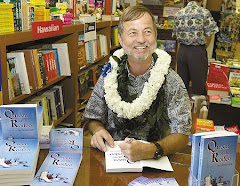

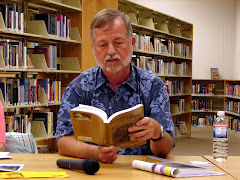
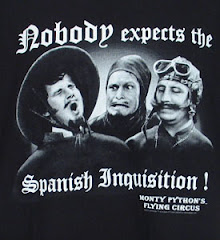
No comments:
Post a Comment